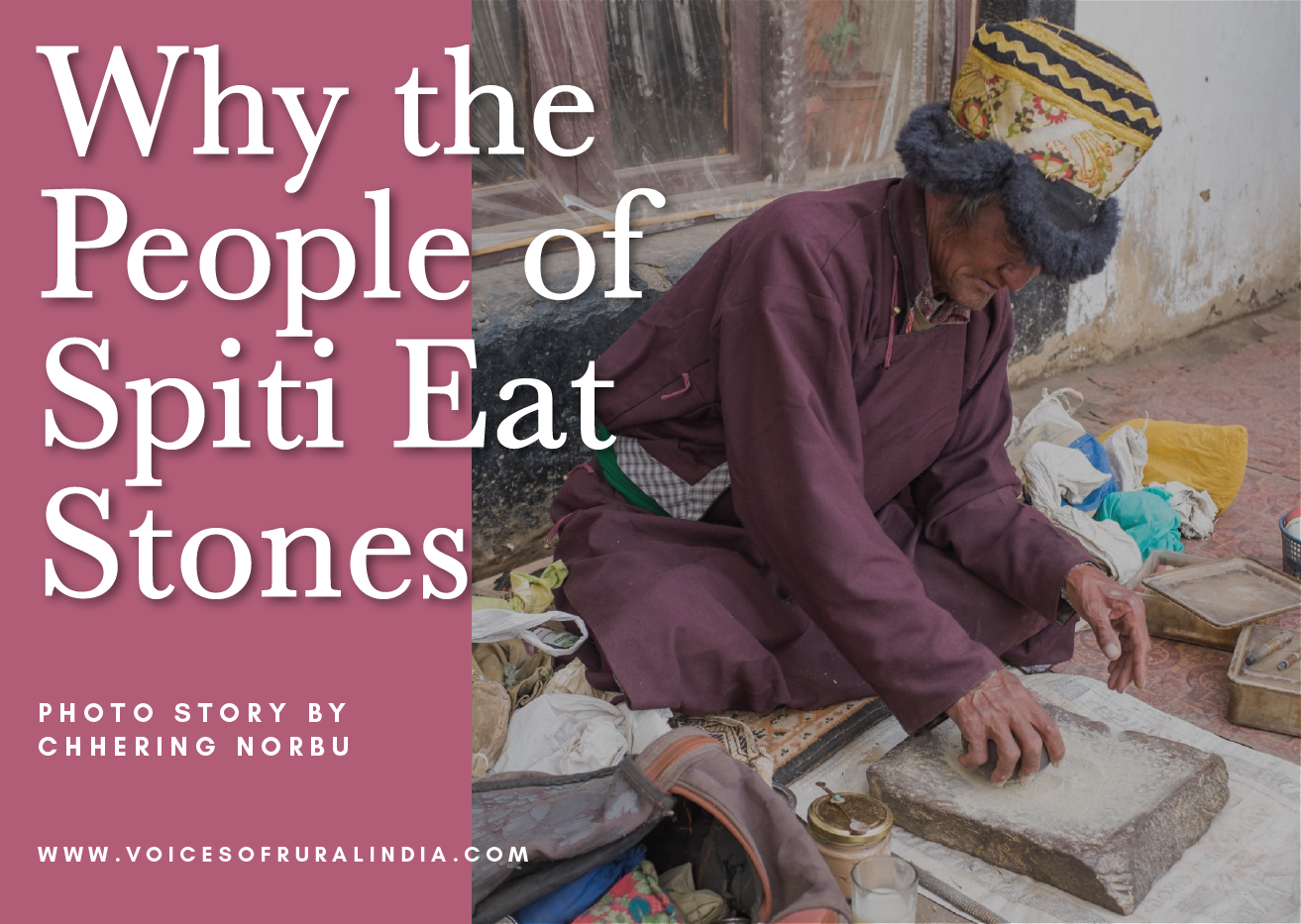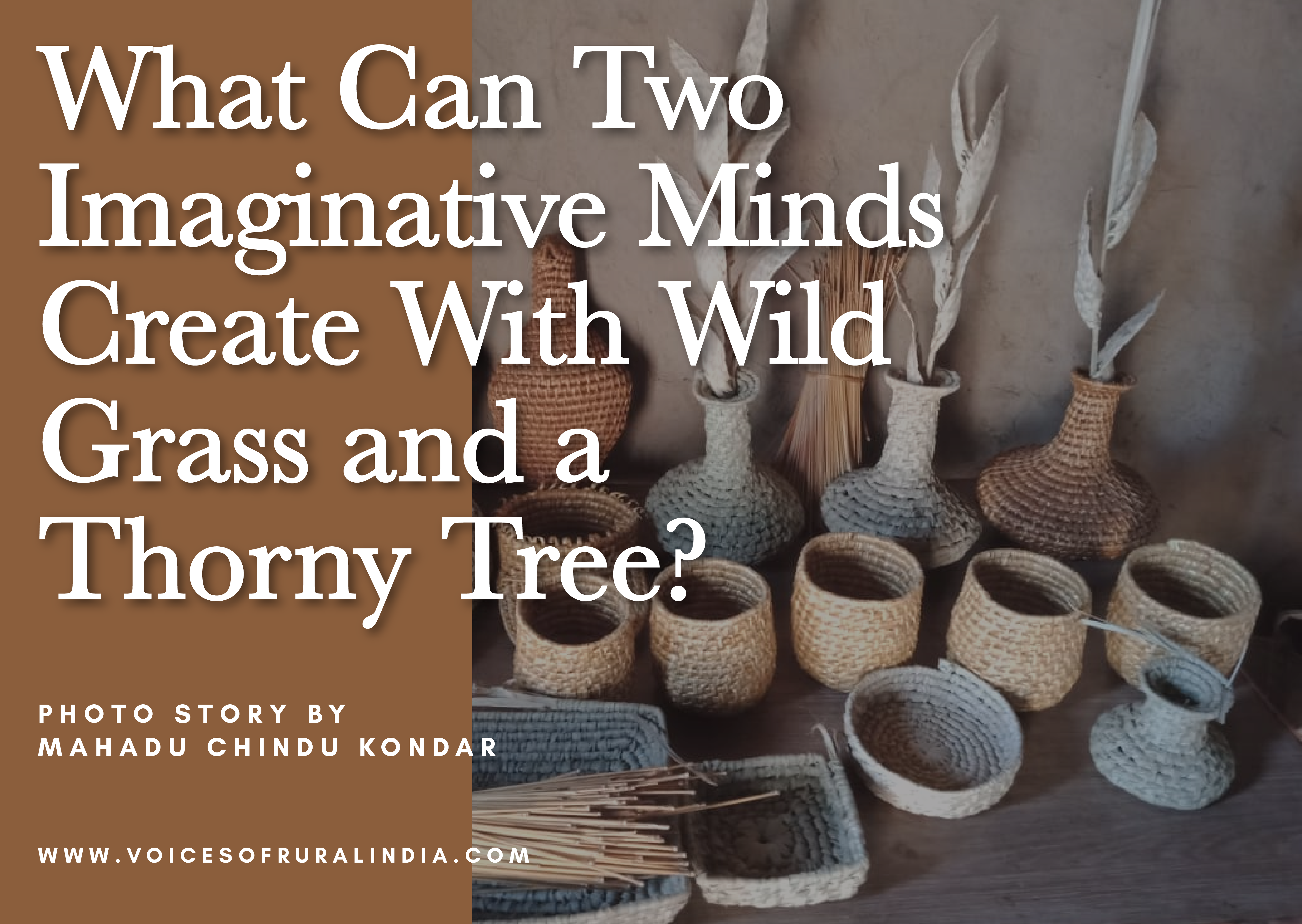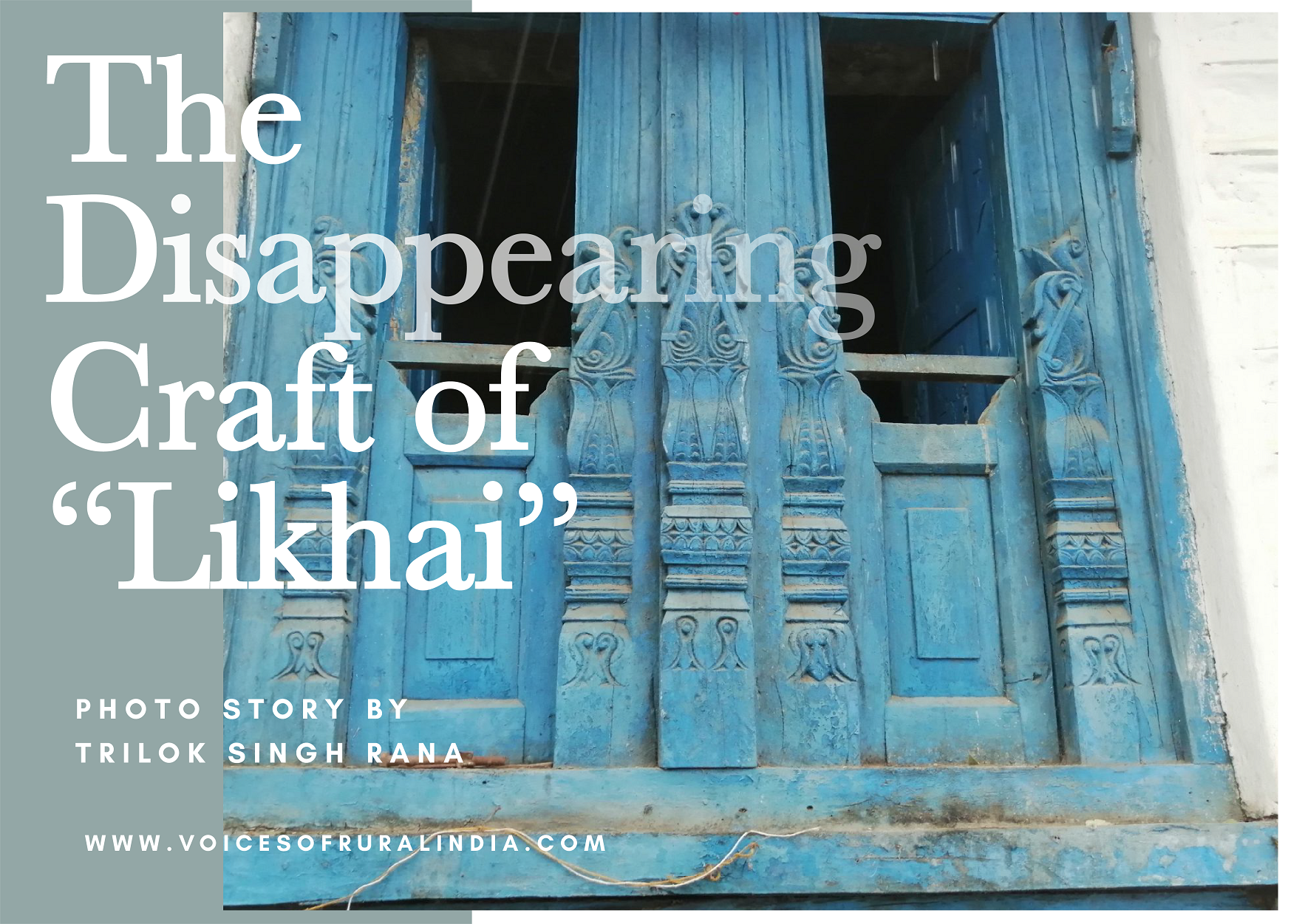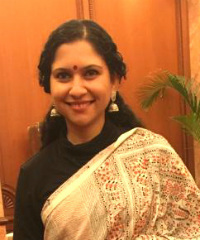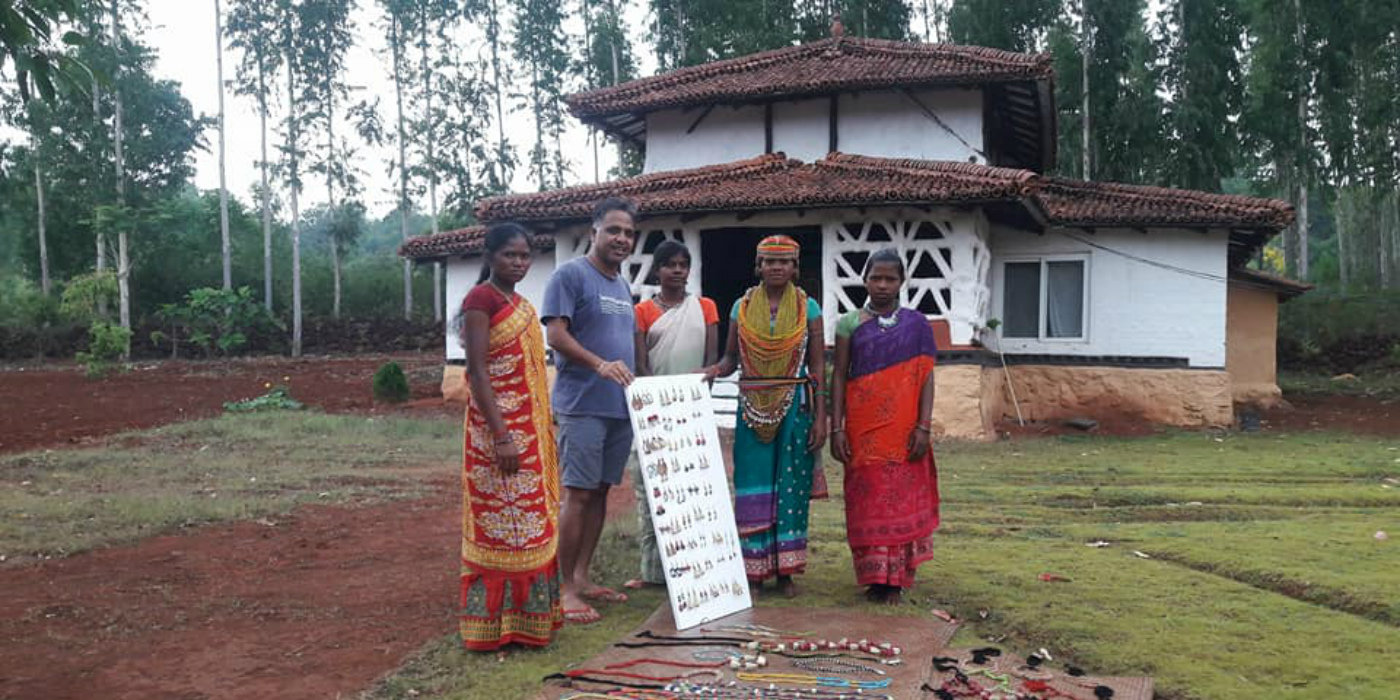
Yugabrata Kar is one of the pioneers of Responsible Tourism in Odisha and is the founder of Heritage Tours Orissa and Desia Koraput
Odisha’s rich natural and cultural heritage has drawn discerning tourists from India and abroad for many years. While its famous temples and beautiful beaches are well known, this state is also blessed with stunning arts, crafts and wild heritage that not too many know of. Yugabrata Kar, an Odisha native, started Heritage Tours Orissa over 20 years ago to offer small group tours focused on the ethnic heritage of the state. He has since started a restaurant in Puri, Wildgrass that showcases local cuisine and a village stay, Desia Koraput, in Southern Odisha that is run by members of the local tribe. Edited excerpts from an interview with Yugabrata Kar:
Q: How did you become a Responsible Tourism operator?
Yugabrata: I have been in tourism for over 20 years, primarily as a small tour operator (Heritage Tours Orissa). Right from the start I was focused on small tours that were people, culture and nature focused. It was good fortune that the foreign operators I worked with the foreign travellers who they sent were conscious travellers and focused on responsible tourism and eco-friendly tourism. That is how I learnt responsible tourism. Plus, I have travelled extensively and so experienced RT as a traveller, I took up courses and understood what it entails. I never wanted to do mass tourism.
I also realised a lot of people talk a lot about RT. Many mention it on their website, but what product do they have to show for it?
We wanted to show the tourists where their money is going. We wanted to do an experiment and create something that shows how tourism can create an impact. A number of operators conduct ‘tribal tours’, where tourists are taken from one tribal market to another etc. But nothing is done for the tribal community; they were not benefiting from tourism. We wanted to do things differently and that is how Desia Koraput came about.
Q: Tell us a little bit about your tourism ventures.
Yugabrata: Heritage Tours Orissa is the primary entity that I set up in 1997 to offer ethnic, cultural and nature-based tours to travellers. We typically cater to in-bound tourists and have built partnerships with many foreign operators over the years. Apart from covering Odisha, we also offer tours in Bengal, Chhattisgarh, Assam and to a smaller extent in Gujarat.
We list out a number of model itineraries on the site and travellers can choose from those. But I have found travellers are extremely knowledgeable now and well read, so they know exactly what they want. We get a lot of special requests based on their interests and we curate the experiences accordingly.
I have also launched a restaurant in Puri, called Wildgrass that specialises in cuisine of Odisha. I also run a homestay in Puri. The tour company, restaurant and homestay are my bread and butter. Desia Koraput, in which Heritage Touris Orissa is a stakeholder, is my passion.
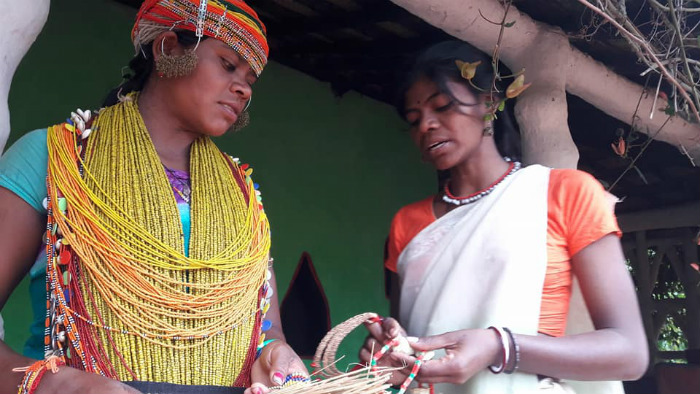
Q: What are the kinds of special interest tour requests you get? Any such requests that stand out?
Yugabrata: Typically, these are related to lerning about specific arts and crafts or focusing on a particular aspect of nature or wildlife. I recently had a group of seniors from Australia. They are artists or interested in art and wanted a slow travel experience focused on art. So we organised art camps where they worked with local artists and learnt the local traditional artistic styles. When they would go to a temple or place of scenic beauty, they would spend many hours there painting. This was a very different experience for me.
Q: Tell us a little more about Desia Koraput
Yugabrata: The Desia concept was in place by 2004-05, but that was a time of socio-political unrest and so we could not start immediately. The actual construction started a little over five years ago and Desia has been operational for about four years now. The local villagers run Desia. They have been trained to take care of guests. We do have ‘managers’ who are not locals, as we need leadership to help the locals scale up to the next level. Travellers staying in Desia get to experience true rural Odisha life. They go on village and nature walks, explore the rural countryside, participate in craft learning sessions conducted by local and tribal artisans, go to the markets, buy produce and then learn how to cook them in the local style, attend local festivals and witness rituals—the list is endless. We curate the experiences depending on the guest’s interest and length of stay.
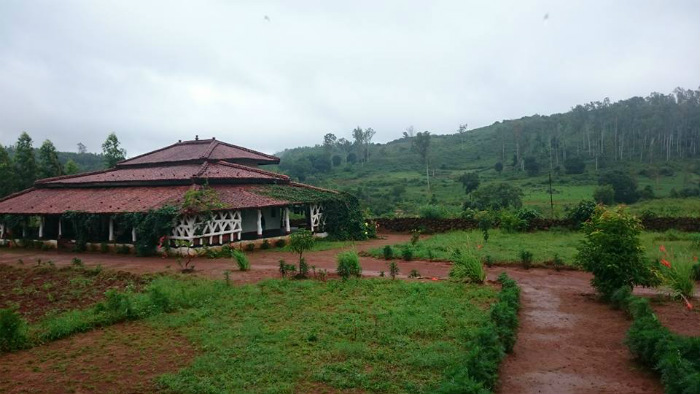
Q: What are some of the challenges you faced with Desia?
Yugabrata: There have been numerous challenges—the remote location, lack of skilled on-location leadership, infrastructural issues etc. But, where there’s a will there’s a way. To solve for the leadership challenge, we got someone from France for a yearlong project on the ground. That has worked well. To deal with power cuts, we moved to solar energy.
Q: Tell us about Desia’s impact.
Yugabrata: We are proud to have changed the lives of many. Desia directly employs 15 local people. We run a pre-school, with 30 students. The students who are at our school get a good foundation and typically do well in studies. Indirectly too the community has benefited. Like, two locals have bought cars that they run as taxis as they see tourists coming here regularly and know they can earn income from this.
In off-season we like to take some of the local community members who work with us on tours to Puri, Bhubaneswar and other places to show then what travel is all about. This time we will be taking 100 children to Puri and Bhubaneswar. We also plan to sponsor two local kids for foreign language courses. We are also getting artists to paint our school building.
Longer term, we want to replicate this model. We now know the Desia model works and what needs to be done. In the next two years we would like to launch two more projects, maybe in the Chilika area. We need to identify good community partners, who will own the project and run it.
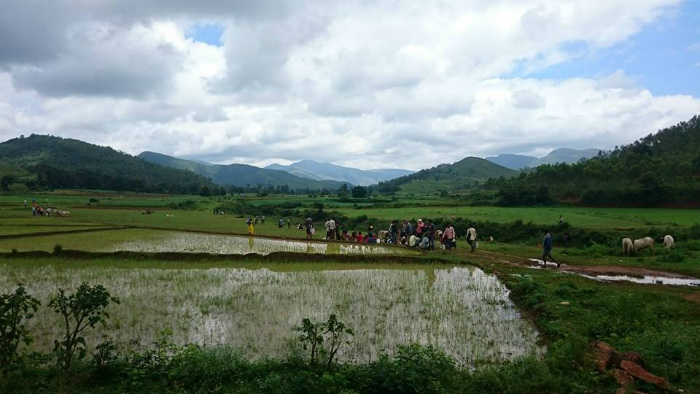
Q: What is your view of RT in Odisha?
Yugabrata: The State Forest Department’s Eco Tourism initiatives have been very good. This has ensured more tourists travel to forest areas in a manner that benefits the local communities. Like elsewhere, in Odisha too the Responsible Tourism conversations have started picking up only now. More needs to be done. There is a lot of potential, though. The focus needs to be on planned and conservation based tourism before the local environment—cultural and ecological—get damaged. This is the right state to promote and create awareness about RT and the time is also right.
(Disclaimer: This article is published in association with Odisha Tourism)


